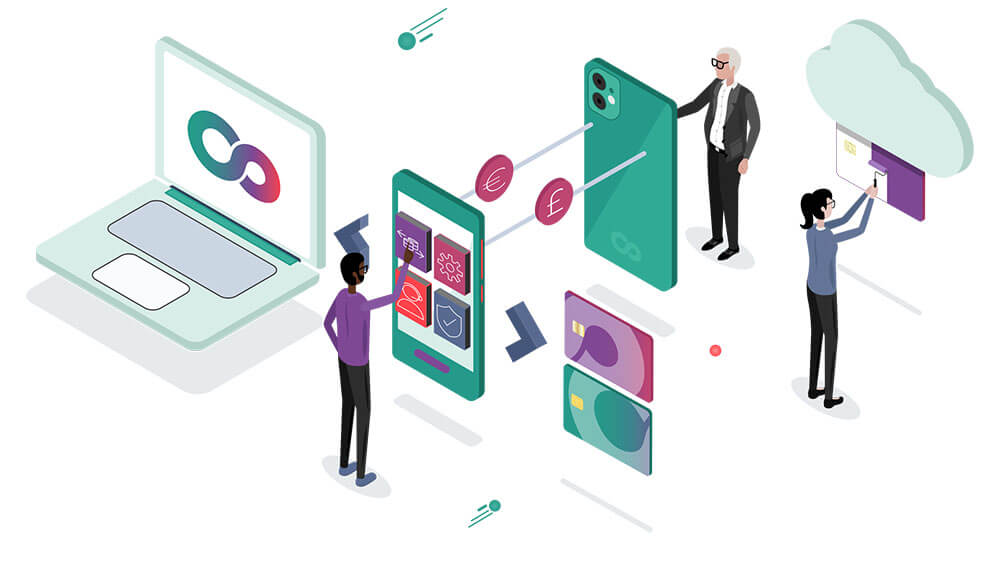By TIM ANNIS
THE BANK of England has raised interest rates to the highest in 14 years, and over half of UK firms issued profit warnings last year as the cost-of-living crisis bit.
SMEs, more than other businesses, are being faced with tough decisions: whether to prepare for a crisis, how to handle a downturn, or how much to focus on agility and collaboration.

Regardless of the strategy, resilience is essential, and a degree of certainty can be more important than outright profit. SMEs can take action to achieve both ends.
Automating manual tasks such as customer billing or supplier payments can improve operational efficiency and allows focus on core areas of business. Technology can reduce the labour investment and improve customer experience.
Customer data provide the information to get cash flow visibility and can limit the stress of unpaid bills. SMEs can use it to inform customers of outstanding and future bills. Insights into customer activity can also strengthen relationships.
Payment technology such as Request-to-Pay and Payment Initiation help to remove payment uncertainty with live customer insights. Digital payment solutions allow engagement with larger audiences for lower costs.
Consumers want simplicity, flexibility and common sense in customer service. SMEs can get ahead by using consensual proprietary customer data to make short-term changes for long-term gain.
Digital fraud has become harder to spot, but ignoring the issue is a bad idea — and smaller businesses are most at risk. With an average cost of £19,000 to deal with an incidence of fraud worth just £1,000, it can be the difference between staying open and closing for good.
SMEs should assume that, at some stage, every digital element in the operational chain will come under attack. Request-to-Pay can support fraud prevention tactics by creating a secure connection between SMEs, customers and suppliers.
Open, two-way communication can simplify customer and supplier relationships for SMEs and cut costs. Being user-centric means creating a real-time connection between business and customers.
In-app, live chat systems allow agents to respond to more than one query at a time. And customers have time- and cost-efficient options to connect with companies.
Tim Annis is UK managing director at Bluechain




























